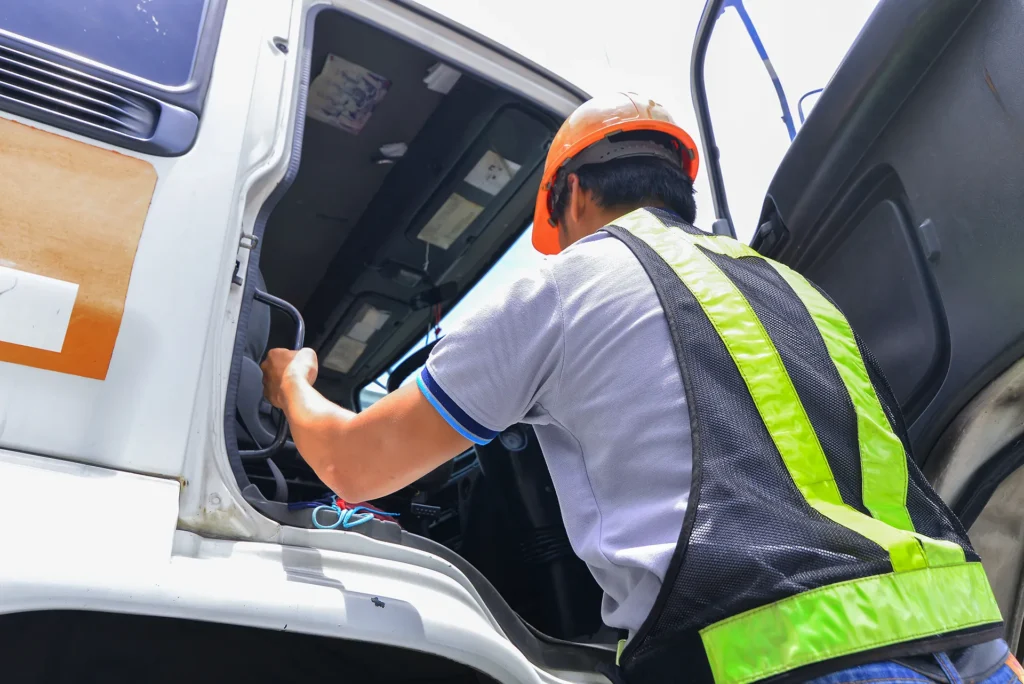Pursuant to section 62 of the Workers Compensation & Injury Management Act 2023, an employer must not reduce, suspend or discontinue income compensation payments (formerly called ‘weekly payments’) to a worker except:
a) to give effect to any provision of this Act as to the calculation of the amount of compensation that is payable or any limit on the amount of compensation that is payable; or
b) to give effect to a direction of a conciliator or an order of an arbitrator; or
c) in accordance with section 63, 64, 65 or 66; or
d) with the written consent of the worker given in the approved form.
The sections referenced at subparagraph (c) relate to:
Section 63 – The worker has returned to work (meaning to the position they held before the injury, without restriction, or to a new position in paid employment with the same employer or a different employer).
Section 64 – The worker fails to lodge a dispute within 28 days of being served with a prescribed notice supported by medical opinion that they are fit to work or that their incapacity is no longer due to the injury.
Section 65 – The worker no longer resides in Western Australia and fails to provide the required declaration at the prescribed interval, despite receiving a warning notice to do so.
Section 66 – The worker is incarcerated in a prison or mental institution.
There are no other permitted circumstances. Employers will be in breach of the Act if a worker’s income compensation is interfered with for any other reason.





